





By: Janae Pinson












Shelby County Schools
















By: Janae Pinson























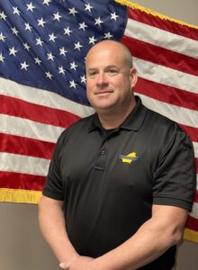












By: Janae Pinson
· Educational presentations for schools, communities, parents, professional groups, and organizations that include: Drug Trends, Social Media/Technology, Parental Education/Information, Life Skills Training, & Vaping.
· Interventions to address: substance use/abuse, certain behavioral issues, and other youth at-risk concerns.
· Working with School systems and administrators to address concerns impacting our youth.
· Mentoring youth within our schools and organizations.
· Developing and assisting communities with prevention teams to address specific issues and promote awareness in their areas.
· Participate in local community outreach events.
· Compact also conducts nicotine cessations classes for juveniles.
email: jpinson@shelbycompact.org

In addition, Compact has a working relationship with many civic, nonprofit, and religious organizations that serve the citizens of Shelby County. If you have concerns over a juvenile, reach out to us to see if we can find a resource to meet their needs.

By: Lieutenant Shane Plyler
Investigator Gray is a valued member of the Shelby County Sheriff’s Office and an asset to the Compact Team. Investigator Gray came to Compact in 2021, and his current assignment at Compact is the Shelby County Drug Court. The mission of the drug court is to help those battling with drug addiction find the path towards recovery versus incarceration.
Investigator Gray embraces this mission, being a mentor to those in the program while also holding them accountable to the program’s standards through routine check ins, home visits, and follow ups. Investigator Gray began his law enforcement career at the Montgomery Police Department in 2012, and joined the Shelby County Sheriff’s Office in 2016. He is a member of the Sheriff’s Office Honor Guard and Firearms Instructor Cadre, among his many other responsibilities. He is also a Taser, CPR, and First Aid instructor.
We are grateful to have Investigator Gray with us at Compact, and we look forward to seeing his future accomplishments.




By: Janae Pinson
“Hello Shelby County! In this section you will be made aware of the dates, times and location for future coalition meetings. Below are the current prevention teams and their meeting information. Please check our Facebook page for updates”
For Tomorrow Alabaster
3rd Tuesday @ 11 am @ Alabaster City Hall
Impact Pelham email zcartwell@centralalabamawellness.org for meeting details


Tri-City
3rd Wednesday @ 11 am @ ZOOM Link
Chelsea
4th Wednesday @ 11:00 am Chelsea Community Center




By: Detective Tommy Stewart
You’ve probably heard about the dangers of vaping. But there’s a new trend among teens that’s causing alarm: ZYN. The brand name ZYN is one of many brands that have become popular among teens and even parents and is quickly gaining momentum among those who think these are a safer alternative to vaping or smoking tobacco products.
Marketing messaging claims that these nicotine pouches are “intended for individuals aged 21+ to help them quit using traditional tobacco products.” However, they are not an FDA-approved quit medication, and currently research shows that the biggest increase in users is among young people. In fact, of the U.S. adults who currently use nicotine pouches, only about 35% had previously smoked cigarettes and of those, only 10% were able to stop smoking and switch to pouches completely. This is not quitting, this is merely switching to another tobacco/nicotine product sold by the tobacco industry to sustain lifelong customers.


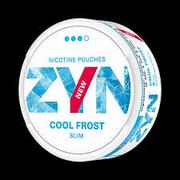
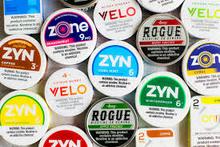

Resources : https://www.parents.com/what-is-zyn-and-why-are-teens-using-it-8599249
https://www.lung.org/blog/zyn-nicotine-addiction

By: Investigator Stetson Gray
In October 2024, FDA and Centers for Disease Control and Prevention (CDC) released data from the 2024 National Youth Tobacco Survey (NYTS) on youth tobacco use in the Morbidity and Mortality Weekly Report: “Tobacco Product Use Among Middle and High School Students — National Youth Tobacco Survey, United States, 2024.”
In 2024, 2.25 million middle and high school students reported current use (use on one or more days during the past 30 days) of any tobacco product, compared to 2.80 million in 2023.
This decline was largely attributable to the significant drop in the number of students who reported current e-cigarette use (2.13 million youth in 2023 compared to 1.63 million youth in 2024). Within the past year, a significant decline also occurred in current hookah use (290,000 in 2023 compared to 190,000 in 2024). Cigarette smoking reached the lowest level ever recorded by the survey, with only 1.4% of students reporting current use in 2024. The findings showed current e-cigarette use decrease from 2.13 million (7.7%) youth in 2023 to 1.63 million (5.9%) youth in 2024. Furthermore, youth nicotine pouch use did not show a statistically significant change from 2023 (1.5% in 2023 and 1.8% in 2024).




By: Investigator Stetson Gray
Current Use
5.9% of middle and high school students (1.63 million) reported current use of e-cigarettes
7.8% (1.21 million) high school students and 3.5% (410,000) middle school students reported current use of e-cigarettes
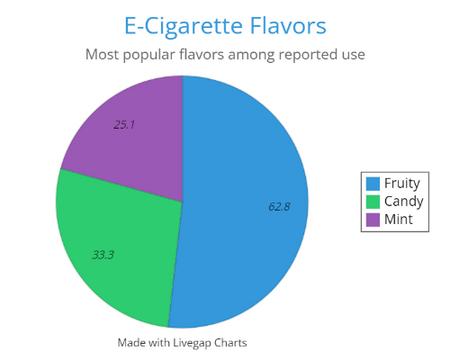

Current Use of Flavored E-cigs
5.9% of middle and high school students (1.63 million) reported current use of e-cigarettes

Source and Info:

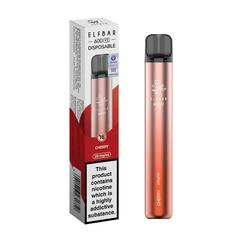

7.8% (1.21 million) high school students and 3 5% (410,000) middle school students reported current use of e-cigarettes
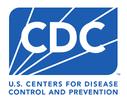

“After only one visit, my son already made a huge shift. He was so grateful for extra support that it lifted his spirits, gave him confidence and hope.”
-PARENT
“I learned so much from listening to your presentation at “Adulting Day” .. After hearing your advice I have decided to take chance and I am joining the Army! Thank you for taking the time to really speak to us about the true meaning of being an adult in this world.”
-Student @ Helena High School
“After attending the Vape Cessations course , I am still vape and nicotine free and doing great!”
-Student
“Thank you for keeping us safe and for spending time with us at our school!”
-Student @ Oak Mountain Middle School

By: Investigator Austin Brown
Inhaling gases like galaxy gas, a type of nitrous oxide, is a dangerous and growing trend among teens seeking a quick high. Commonly used in automotive or whipped cream canisters, this gas deprives the brain of oxygen, leading to dizziness, disorientation, and potential loss of consciousness. Regular use can cause serious health issues, including nerve damage, memory loss, and even sudden death due to asphyxiation or cardiac arrest. It’s critical for parents, educators, and law enforcement to be aware of the risks and educate teens on the severe consequences of inhalant abuse. Additionally, long-term abuse may lead to addiction and impaired cognitive functions. It’s crucial for parents, educators, and law enforcement to stay vigilant, raise awareness about the risks, and guide teens away from this harmful behavior.
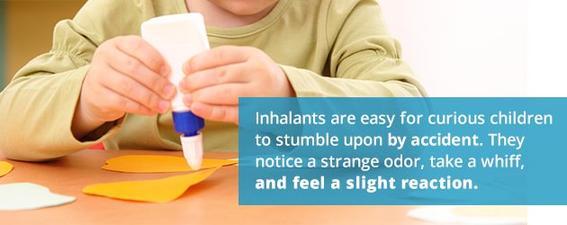
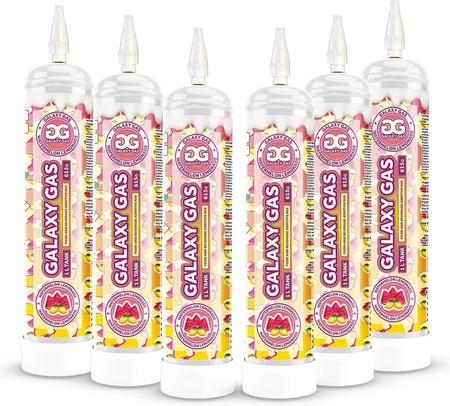

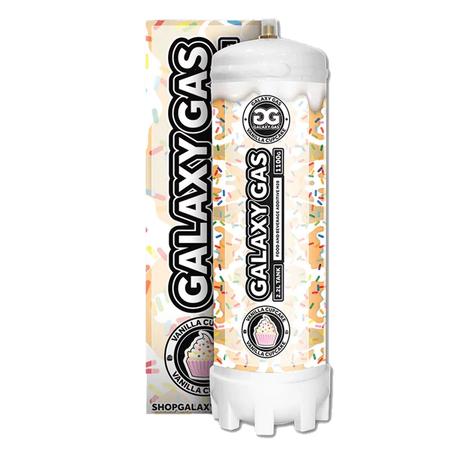

“Compact has frequent communication with the District Attorney’s Office and legislators in an effort to stay up to date with the laws and regulations that can have an effect on our youth.”
By: Investigator Adam Schniper
A new law mandating fentanyl awareness education in all Alabama schools went into effect this past summer when House Bill 280 was signed into law by Governor Ivey. The law states: “Commencing with the 2024-2025 school year, each local education agency shall annually provide research-based instruction related to fentanyl prevention and drug poisoning awareness to students in grades 6 through 12 in a manner comparable to instruction provided for other drug and alcohol education and prevention programs.”
This law will save lives. Many teens are unaware of what fentanyl is, and if they have heard of it, they do not fully comprehend how it can be a danger to them. When I speak to groups of teens in Shelby County, there is a percentage of every group that acknowledges they know someone their age that has used a pill non-medically, for the purpose of getting high. These same teens, though, are unable to tell me what fentanyl is or how they could possibly be exposed to it. Clandestine drug producers and dealers may choose to add fentanyl to any product they wish, and fentanyl has been documented nationwide to be present in nearly every type illegal substance. Fake pills, such as a Percocet or Xanax for example, pose the biggest risk for our teens, being that after cannabis and alcohol, pills are the typical next progression of substance use.
Education that makes teens aware of the dangers of fentanyl places an additional protective factor around them as they make decisions about how they view substance use and make decisions whether they are willing to experiment with certain levels of substances.
Compact team members have been teaching fentanyl awareness in various schools in Shelby County for the past few years. We are glad to see the state as a whole engage this topic for the benefit of all of Alabama’s youth.

By: Investigator Adam Schniper

“All public schools in Alabama must provide research-based instruction on Fentanyl and drug poisoning awareness to students in grades 6-12.”
Alabama House Bill 280, known as the Price Hornsby Act, amends Section 16-40A-3 of the Code of Alabama 1975, to enhance drug education programs in public schools, K-12, with a specific focus on fentanyl prevention and drug poisoning awareness. Starting with the 2024-2025 school year, all public schools in Alabama must provide researchbased instruction on these topics to students in grades six through twelve. This instruction is to be integrated into the existing drug and alcohol education and prevention programs. The bill specifies that the new instruction must include prevention of fentanyl abuse and addiction, awareness of local resources for help, and health education on substance use and abuse. It also allows for the instruction to be delivered by various entities or individuals selected by the local education agency, including institutions of higher education, libraries, community service organizations, religious organizations, local public health agencies, and organizations employing mental health professionals. The bill went into effective on June 1, 2024.

By: Janae Pinson



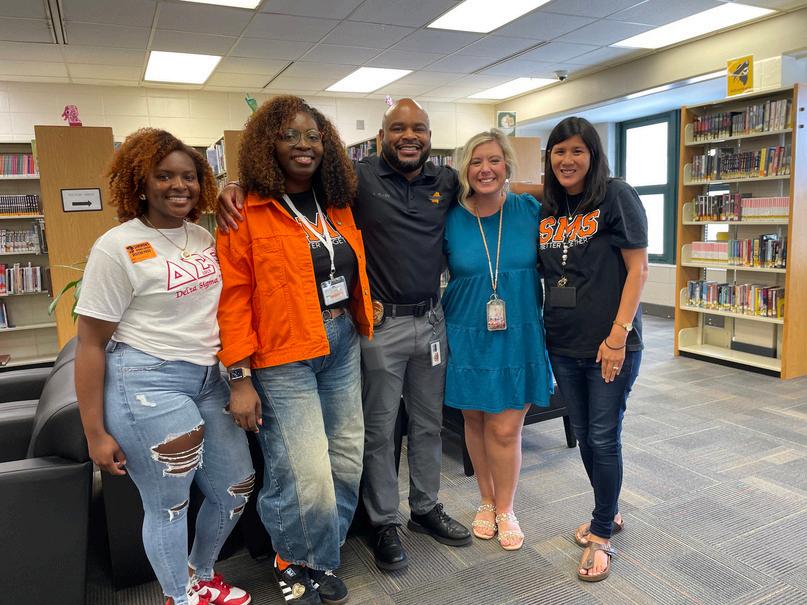
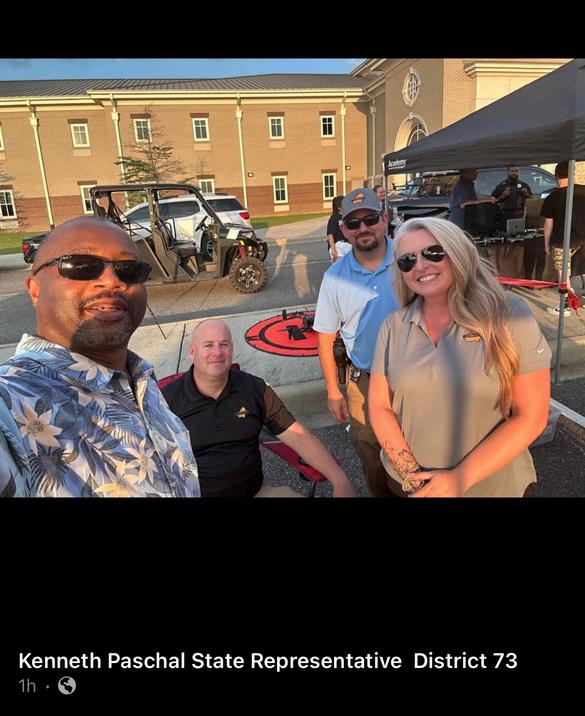


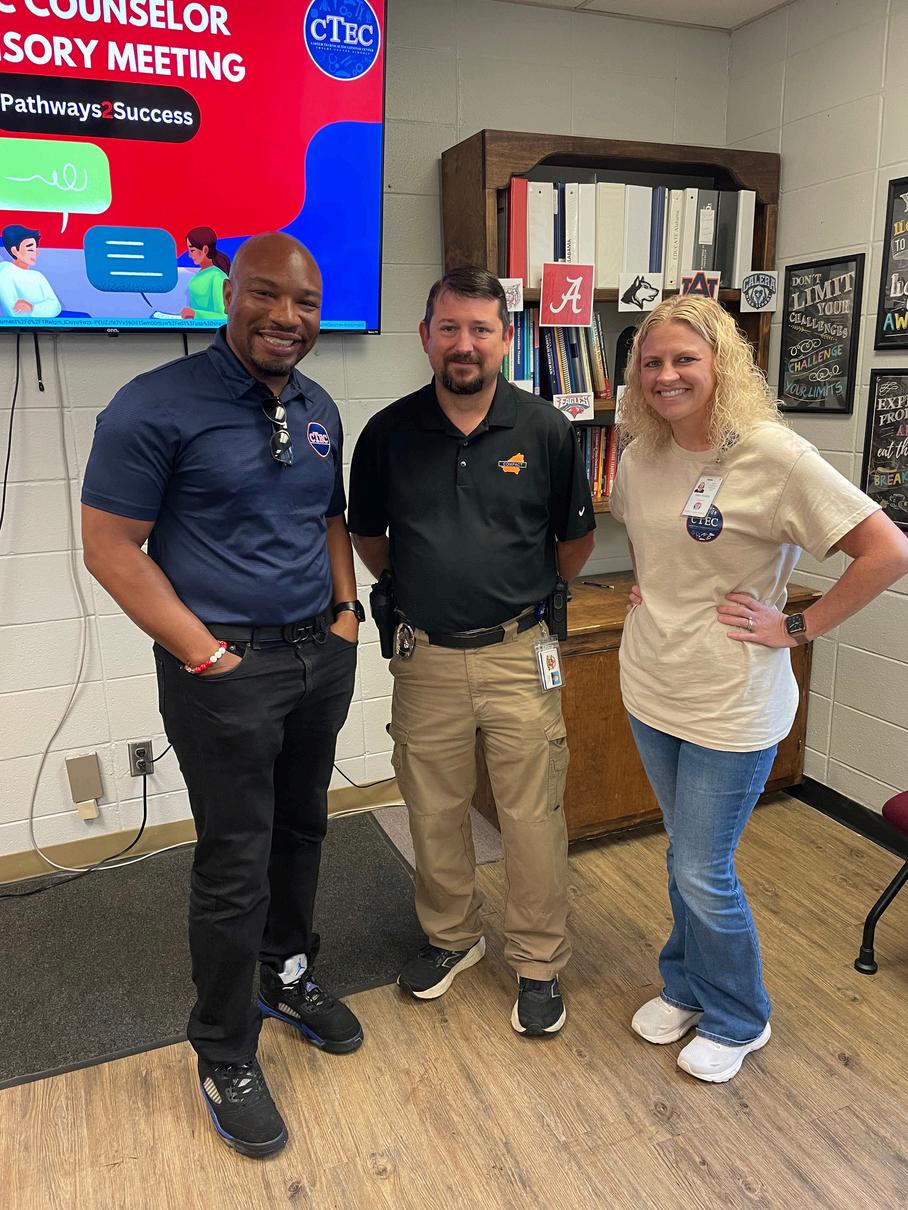
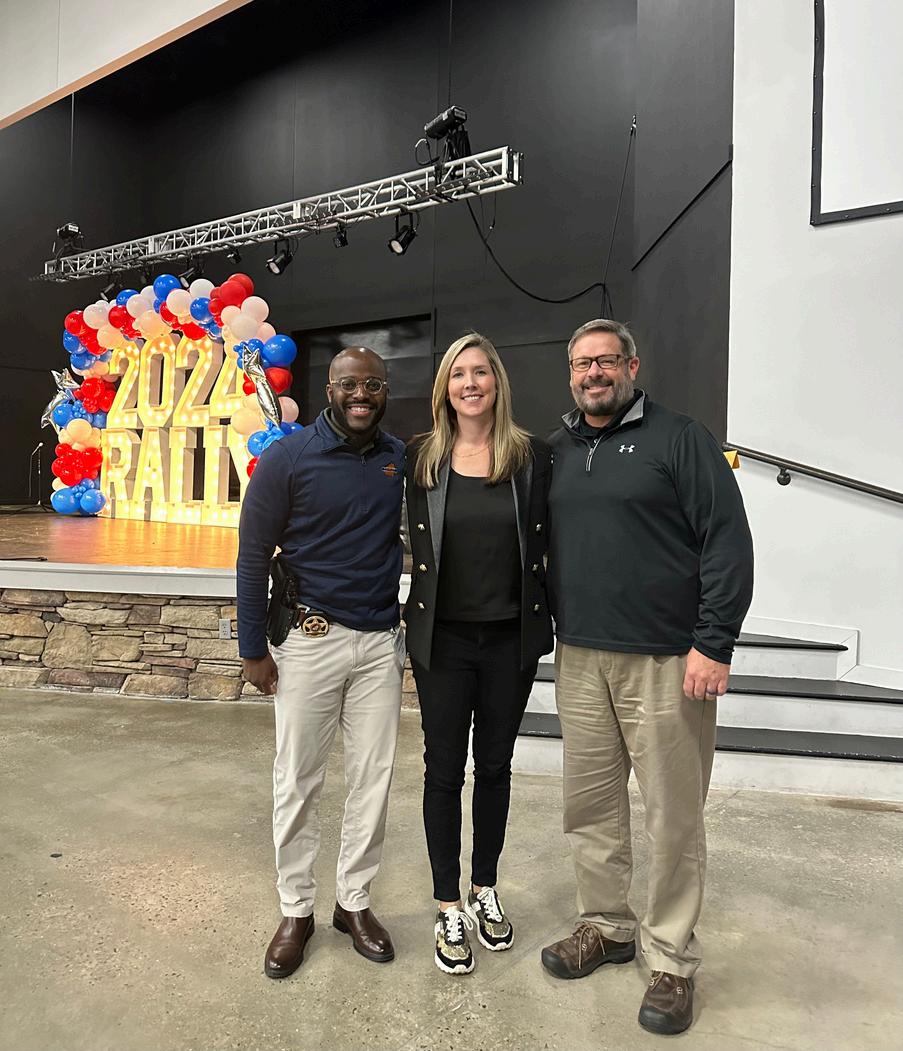

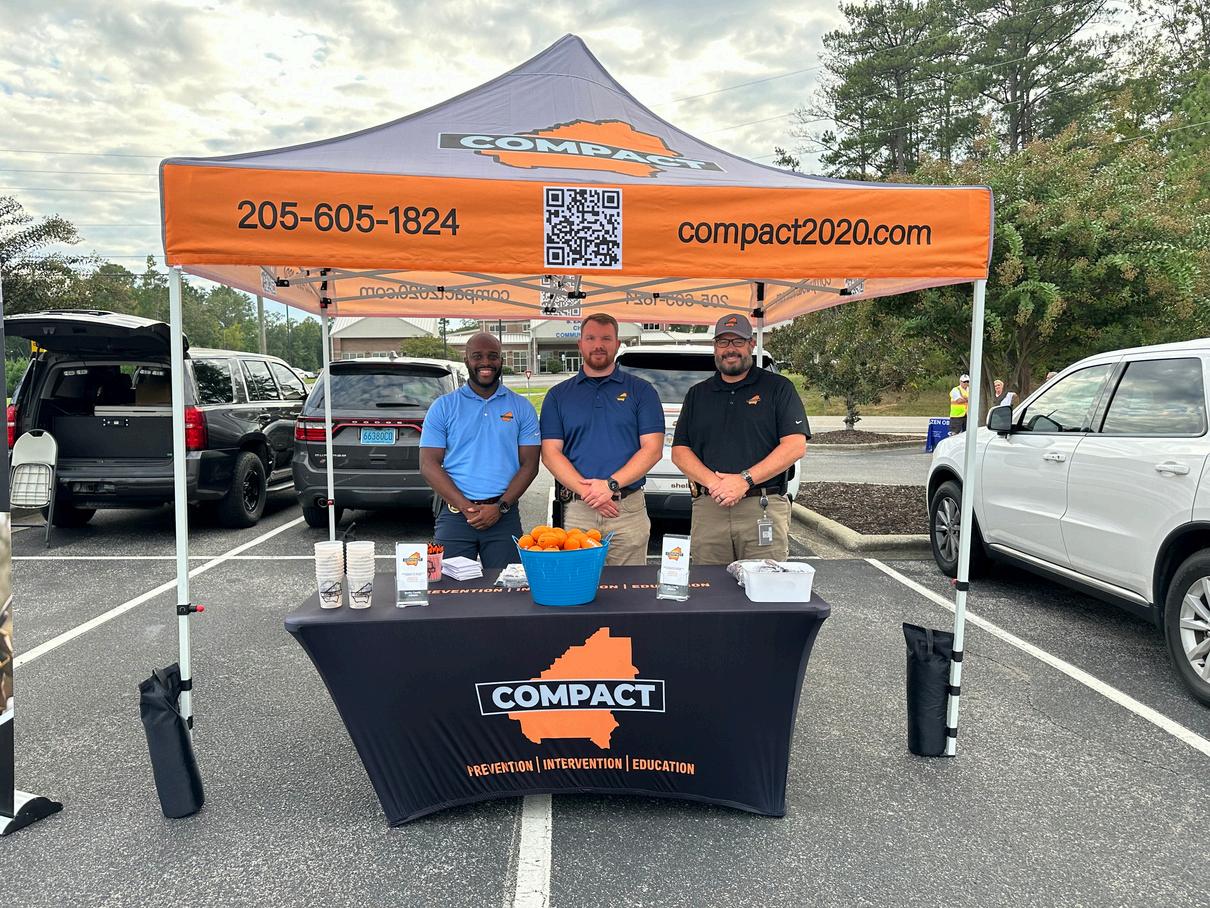

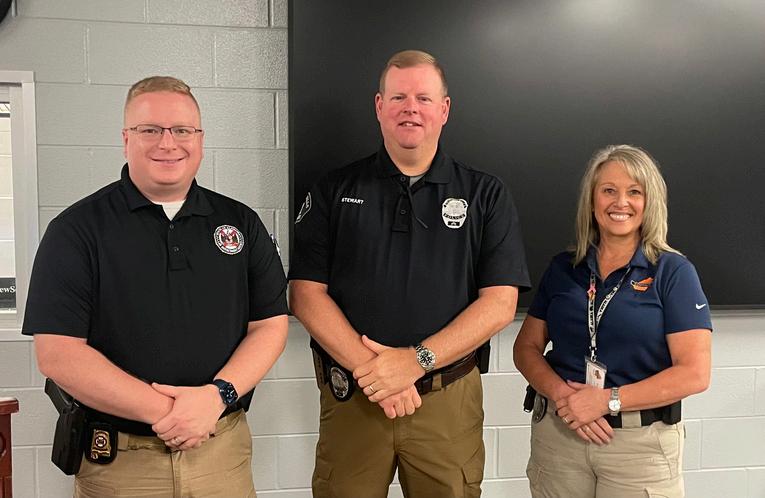



Congratulations to the Pizitz Girls’Bowling team on a decisive win over Homewood last night!! It was a great night to be a Pirate!
By: Detective Jason Davis
Congratulations to the Helena High School Band for earning all superior ratings in the Open Class division at the Pell City Marching Festival!

Congratulations to October Pelham Way Award winners!
Faculty Member: Mr. Dennis Case
Students: Norah Munkachy Rebecca Roy Clelin Torres Palencia
Congratulations to all students on your achievements! If you have a nomination for this section email Det. Jason Davis at

By: Detective Jason Davis

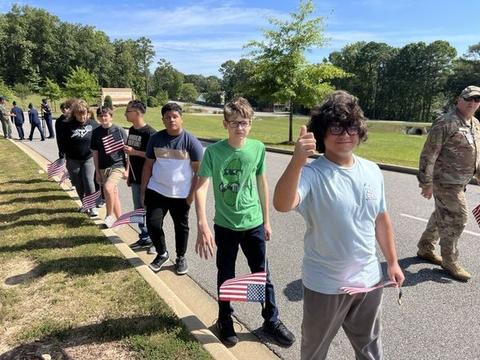


By: Investigator Ash Lightner
As parents, we care about our children and want the best for them and their future. In pursuit of these goals, we are constantly striving to lead and eventually support them into becoming self-sufficient young adults capable of facing life’s challenges. Along the way, the challenges they face are real, to include the temptation and peer pressure to use substances that are not good for their physical and/or mental health. When we look at these substances as parents, we often focus on physically and psychologically addictive substances such as nicotine vapes, cannabis, mushrooms, and galaxy gas to name a few.
What parents sometimes lose sight of is alcoholic beverages and the effects they have on youth. Alcohol is the most widely used substance among America’s teens and youth adults, with the average age of the first drink being 14. This is concerning as underage drinking has long lasting effects on brain health It also plays a significant role in risky sexual behavior, thereby increasing the risk of teen pregnancy and sexually transmitted diseases. Furthermore, 95% of the 14 million people who are alcohol dependent began drinking before the age of 21.
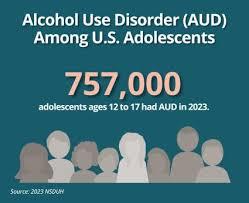


Some parents are hosting parties, often referred to as “house parties”, in which they provide alcoholic beverages and/or supervise the consumption of such by their children and their friends in their home. The goal in doing so is adult supervision and safety by not allowing those who have consumed to drive. Although there are good intentions in doing so, we have to remember that this can be detrimental to teenager’s psychological and physical health and is illegal.
By: Investigator Ash Lightner

Under Alabama code section 13A-11-10.1, no adult having control of any residence, who has authorized an open house party at the residence and is in attendance at the party, shall allow the open house party to continue if all of the following occur: Alcoholic beverages or controlled substances are illegally possessed or illegally consumed at the residence by a person under the age of 21. The adult knows that an alcoholic beverage or controlled substance is in the illegal possession of or is being illegally consumed by a person under the age of 21 at the residence. The adult fails to take reasonable action to prevent illegal possession or illegal consumption of the alcoholic beverage or controlled substance. Any adult who violates this section shall be guilty of a Class B misdemeanor.
What can parents and caregivers do to help in educating our teens on alcohol use and in keeping them safe?
Do your part to reduce the availability of alcohol to your children and their friends. Children ages 11-14 see approximately 1,000 alcohol advertisements a year. Discuss what you see and help put context around the alcohol messaging your child receives from the media and their friends.
Supervise parties and/or work with other parents to ensure that gatherings are supervised. Make sure children know the rules in advance and help prevent alcohol from appearing at gatherings. Communicate your expectations and rules for when your teen goes out with friends. – include regular check-ins.
Assure your teen that he or she can call you to be picked up whenever needed.

By: Investigator Ash Lightner
However, If you ever find yourself in a situation where you have consumed alcohol:
Give your keys to a sober person
Have a designated driver
Call an Uber to get you home safely
Stick with the “right friends”
Know your surroundings/ Know where you are






By: Investigator Jamelle Allen
The Addiction Prevention Coalition (APC) is a non-profit organization focused on reducing substance abuse and promoting healthy lifestyles among students in Shelby County, Alabama. The coalition works to prevent addiction through education, community engagement, and support for youth and families.
APC offers various programs, including school-based initiatives, community events, and training for parents and educators on the signs of substance abuse and effective prevention strategies. They collaborate with local schools, law enforcement, and health organizations to create a supportive network aimed at fostering resilience and awareness among students. By providing resources and fostering partnerships, the APC plays a vital role in creating a healthier environment for the youth in Shelby County.



Teen Talk Line 205-605-1830
Parent Talk Line 205-605-1827
Tip Line 205-670-6TIP
By: Investigator Adam Schniper
National Suicide and Crisis Lifeline (English) Call or text 988
National Suicide and Crisis Lifeline (Spanish) Call 988 and press 2.
SafeHouse and SafeShelby: 205.669.7233- SafeHouse and Safe Shelby is Shelby County's domestic and/or sexual violence survivor’s crisis and talk line. Fellow survivors can assist with counseling support, legal guidance, and case management to help survivors create a new and better life. Visit the website for Safehouse and SafeShelby.
Birmingham Crisis Center UTALK Teen Text and Talk Line: 205.328.5465-This talk line connects teens to other young adults to discuss life problems. Visit the website for Birmingham Crisis Center.
Compact Teen Talk Line: 205.605.1830- Teens who may have concerns about a family member's, friend's, or their own substance abuse. Visit the website for Compact.
Compact Parent Talk Line: 205.605.1827 - Parents may call this line if they suspect their child is involved in high risk behavior and/or substance misuse.
Hispanic Interest Coalition of Alabama (HICA): 205.942.5505- HICA is a community development and advocacy organization that promotes economic equality, civic engagement, and social justice for Latino and immigrant families in Alabama. HICA offers crime victim services and advocacy, family services, student services, financial coaching, and legal information. Visit the website for the Hispanic Interest Coalition of Alabama.
Alabama Department of Human Resources Shelby County: 205.669.3000- DHR provides basic needs and food programs for families, care assistance for the elderly and disabled individuals, and job assistance and job training programs. Learn more about DHR services.

By: Investigator Adam Schniper
Alanon and Alateen: 205.388.3765- Alanon and Alateen offer support groups for families and children of individuals with an alcohol use disorder. Visit the website for Alanon and Alateen
Addiction Prevention Coalition: (205) 972-8264- Provides resources, awareness, and education for families and individuals. Visit the Addiction Prevention Coalition website to learn more.
UAB Family Support Meetings: 205.975.8402- Offers a support group for families and loved ones of individuals suffering from substance use disorder. Meetings are Thursday evenings from 5:00 p.m.-6:30 p.m. Learn more about the UAB Family Support Meetings.
Bradford Health Services: 1.888.762.3740- Bradford Health Services Family Program is a free online resource to educate families on their loved ones’ substance use disorder. Visit the website to learn more about Bradford Health Services.
ROSS Recovery Organization of Support Specialists and Alabama Department of Mental Health 24-hour Helpline: 1.844.307.1760Call and discuss substance use disorder issues with a peer support specialist who is in recovery. The organization offers various support meetings that reflect all walks of life. Learn more about ROSS here.

By: Investigator Adam Schniper
Central Alabama Wellness: 205.651.0077-Central Alabama Wellness provides an array of services for adults and children dealing with mental illness and/or substance use disorders. Visit the website for Central Alabama Wellness.
Children’s Psychiatric Intake Response Center: 205.638.7472-Located in Children’s Hospital, the PIRC assists families in finding the appropriate level of mental health care for a child or teen. Visit the website for Children's of Alabama.
National Alliance on Mental Illness Shelby County (NAMI)- NAMI Shelby serves Shelby County residents with free mental health support, resources, and education. Services are for individuals living with a mental illness and the families who love them. Learn more about NAMI here.
Family Connection: 205.663.6301- This organization strengthens families and communities by providing shelter, counseling, and safety for young people in crisis. Programs are available for school truancy, bullying, runaway, or homeless youth. Visit the website for Family Connection.
Vineyard Family Services: 205.317.9897- The mission of Vineyard Family Services of Central Alabama, Inc. (VFS) is to feed kids in need, promote responsible fatherhood, and help families in crisis. All our programs are designed to strengthen families and lower incidents of child abuse and neglect. Our many programs to the community create the resources to provide excellent support to our clients. Learn more about VFS.
By: Investigator Ali Miller
Police officer to perp: “Where do you live?”
Perp: “With my parents.”
Police officer: “Where do your parents live?”
Perp: “With me.”
Police officer: “Where do you all live.”
Perp: “Together.”
Police officer: “Where is your house?”
Perp: “Next to my neighbor’s house.”
Police officer: “Where is your neighbor’s house?”
Perp: “If I tell you, would you believe me?”
Police officer: “Tell me.”
Perp: “Next to my house.”



“A
police officer pulled me over and said, “Papers?” I said, “Scissors, I win,” and drove off.




Referral Date:

Student’s Name (required): Age:
School (required): Grade Level:
*Please see back section for assigned Compact Investigator*
Parent/Guardian Information
Names (required): |
Phone Number (required): |
Email Address (if available): |
Reason for Referral
□ Substance (i.e. drug, alcohol, etc.):
□ Behavioral (runaway, truancy, domestic, etc.):
□ Traumatic event:
□ Other “at-risk” concern:
Law Enforcement Report I/O or Case number (if available): *Email / Attach report copy if available*
Additional notes/concerns for Compact Team:

Referred By: Agency/Organization:
Email: Phone:


https://bit.ly/joincompactnewsletter